School can change the world
By valuing connection, respect, and stewardship, our school community can enrich the world around us. We can create a safe container for expressions, identities, and abilities of all kinds. We can encourage healthy risk-taking. We can prepare students to enter adulthood as engaged, conscientious, and capable members of our broader community.
Major features of our community:
- School Meeting is not only the venue for our democratic process, but also the nexus of our school community. Students and staff gather weekly to check in, share what’s going on, and discuss topics relevant to the whole school. Decisions are taken collectively, by consensus. By meeting and sharing we foster connection, cross-pollination, enthusiasm, and culture. Learn more at our Collaboration page.
- Programming created and administered by students. Classes, Cooperatives, Working Groups, projects, seminars, workshops, internships and more are all types of programming generated by students. Check out our Self-Direction page to learn more about how and why students and staff collaborate to create our curriculum.
- Community Partnerships: Our Community Partnerships extend the learning environment beyond the walls of our school, creating bridges between students and the broader community. These partnerships connect students with local businesses, non-profits, artists, and professionals, offering real-world experiences that enrich their education. Through internships, collaborative projects, and community service, students apply their knowledge, develop new skills, and contribute meaningfully to the world around them. These partnerships are not just about learning; they are about building lasting relationships, fostering civic responsibility, and cultivating a sense of agency and belonging in our community.
- The Mentorship Program provides students an opportunity to connect deeply with a trusted adult, receive support and encouragement, and build a relationship that can support change and growth over time. Every student meets weekly with their chosen mentor, throughout the year. We believe mentorship is key to self-directed education: together we build self-reflection, identify goals and values, and prepare for life beyond graduation.
- Our Conflict Resolution Process aims to strengthen our relationships by fostering mutual understanding and respect through restorative justice. We believe conflicts can result in growth for both parties involved. Through conflict we have the unique opportunity to learn skills critical to healthy relationships such as empathetic listening, direct communication, humility, and forgiveness.
- Age Mixing: Without classes that separate young people into age groups, we foster the natural kind of learning that occurs between people of all ages. Everyone learns at a different pace; it’s unnatural and unproductive to keep students segregated by age. Young people are free to seek mentorship from elders in the community, to mentor their younger peers, to collaborate and study and explore with all. Top to bottom, we all learn from each other.
- Affinity Groups provide an opportunity for groups of people linked by a common identity, interest, or purpose to come together and discuss, share, advocate, or engage in relation to a chosen topic or theme. Affinity Groups provide crucial support to community members by creating safe spaces to tackle challenging issues. Some examples of Affinity Groups at similar schools are People of Color, Male and Female identifying, and LGBTQ+.
